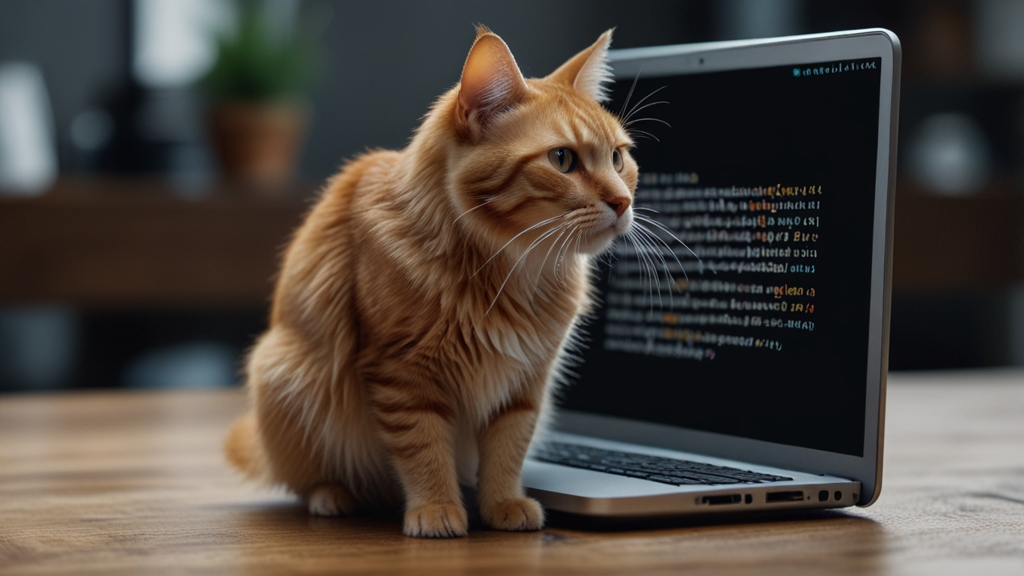The Best Practices for Writing Clean and Maintainable JavaScript Code
Writing clean and maintainable JavaScript code is an essential skill for developers. It ensures that your code is easy to read, understand, and extend by others (or yourself) in the future. By following a set of best practices, you can greatly improve the quality of your JavaScript projects. Here are some guidelines to help you write clean and maintainable JavaScript code.
1. Use Meaningful Variable and Function Names
One of the simplest yet most powerful practices is to use meaningful and descriptive names for variables and functions. Avoid generic names like data or info and opt for more descriptive ones that convey the purpose of the variable or function.
"Programs must be written for people to read, and only incidentally for machines to execute." – Harold Abelson and Gerald Jay Sussman
For instance, instead of naming a variable x, you could name it totalPrice if it holds the price of a shopping cart.
2. Follow Consistent Naming Conventions
Consistency in naming conventions makes your code predictable and easier to read. Common conventions include camelCase for variables and functions, PascalCase for classes, and UPPERCASE for constants.
Example:
// Variables and Functions
let totalPrice = calculateTotalPrice();
// Classes
class ShoppingCart {}
// Constants
const TAX_RATE = 0.08;
3. Write Modular and Reusable Code
Breaking your code into smaller, reusable functions or modules helps keep it organized and manageable. Avoid writing long, monolithic functions that try to do everything. Instead, each function should have a single responsibility.
This not only makes your code easier to read but also simplifies testing and debugging. It allows you to reuse pieces of code across your application without duplicating effort.
4. Comment Judiciously
While writing self-explanatory code is ideal, comments are sometimes necessary to explain the "why" behind complicated or non-obvious logic. However, avoid over-commenting, and make sure your comments add value rather than repeating what the code already states.
A well-placed comment can save future developers (including yourself) from hours of head-scratching.
5. Adhere to a Style Guide
Following a consistent coding style across your project ensures that the code looks and feels consistent, regardless of who writes it. Popular JavaScript style guides include the Airbnb JavaScript Style Guide and the Google JavaScript Style Guide.
"Code is read much more often than it is written." – Guido van Rossum
Tools like ESLint can help automate style checks, making it easier to enforce a consistent style across your codebase.
6. Avoid Global Variables
Global variables can lead to conflicts and hard-to-debug issues in your application. Use const and let to declare variables with block scope instead of using var which has function scope.
Reduce reliance on global variables by namespace encapsulation or module patterns, which also helps in making the code more modular and maintainable.
7. Handle Errors Gracefully
Proper error handling improves your application's robustness. Use try...catch blocks to handle exceptions, and provide meaningful error messages that can help diagnose issues quickly.
Additionally, consider implementing centralized logging to keep track of errors and application state, which is invaluable for debugging and monitoring.
8. Optimize Code Performance
While readability and maintainability are primary concerns, performance should not be neglected. Use algorithms and data structures that provide efficient solutions to problems.
Leverage JavaScript’s built-in methods and avoid unnecessary computations or DOM manipulations, as they can be expensive. Profiling and measuring performance can help identify bottlenecks in your code.
Conclusion
By adhering to these best practices, you can write JavaScript code that is clean, maintainable, and robust. Remember that good coding practices not only benefit individual developers but also make collaborative projects more efficient and enjoyable.
"Any fool can write code that a computer can understand. Good programmers write code that humans can understand." – Martin Fowler
Clean code is a joy to read and work with, and it stands the test of time. Adopt these practices, and you’ll thank yourself the next time you revisit your code.









